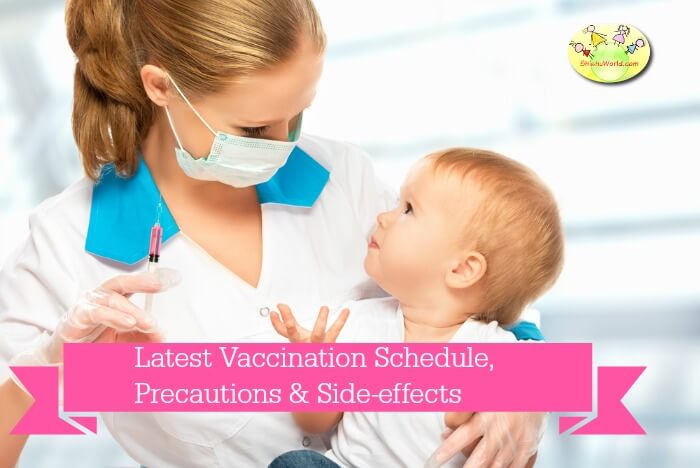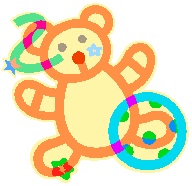What is MMR vaccine?
MMR stands for Measles, Mumps and Rubella. This vaccine prevents these three diseases.
Schedule of MMR vaccine
MMR vaccine is administered in two doses, first one between 12 to 18 months and second one between 4 to 6 years of age.
Adults may also be given MMR vaccine, if not already given, in consultation with doctor.
Measles, Mumps and Rubella
Measles is a dangerous disease in infants, which in severe cases can have fatal complications. It is a contagious viral disease which can spread to other people by touch or coughing. Symptoms of measles are fever followed by cough and running nose and also conjunctivitis. In severe cases, complications can lead to pneumonia, croupy cough and diarhea.
Mumps too is a viral disease caused by mumps virus. It affects young children and leads to painful swelling of salivary glands and rash. Other symptoms include fever and headache. Mumps is also a contagious disease which spreads by touch and breath upon coughing. It usually limits itself after running the course and then symptoms recede.
Rubella is also known as German measles and is usually a mild infection caused by rubella virus. This disease usually has mild symptoms and it passes quickly within a few days. Howver, it can have serious implication for baby, if mother is infected during pregnancy. Primary symptom of rubella is a red rash which starts with face and spreads to other parts of body.
Benefits of MMR Vaccine
MMR Vaccine provides protection from three dangerous diseases- measles, mumps and rubella. The immunity provided by the the vaccine is lifelong.
Side-effects of MMR Vaccine
In most cases there are no side-effects, but in a small percentage of kids, there may be some known side-effects of MMR vaccine :
· Fever – 10-15 percent of kids may develop high fever after vaccinated with MMR vaccine. Doctors usually recommend few doses of paracetamol if this happens.
· Mild rash – less then 5 percent kids may develop a mild rash.
· Swelling – some kids may experience swelling of joints, which is short-lived and improves rapidly.
· In rare cases people may experience seizure due to high fever.
· In very rare cases, people may develop serious allergic reaction.
Recommended:
Immunization – Precautions/ side-effect and Immunization Chart







